Joseph ‘Buster’ Keaton earned his stage name falling down stairs when he was only six months old and – according to family legend – performing a perfect pratfall. He joined his parents as part of their vaudeville act on stage at the age of three. With a suitcase handle sewn into his clothes to make for easier grabbing and throwing he would be slun anywhere from the orchestra pit to the audience with such vigour that his father was arrested a number of times for child abuse. Later in life, he perfected a signature pratfall you can see in almost all his films. This involved falling flat on his face with his legs flying up in the air, his back arching into the shape of a banana, the skin of which he might have just slipped on. But Keaton was more than just a wonderful physical comedian – and he was probably alongside Chaplin the best physical comedian the world has known – he was an inventive director, writer, producer and performer.
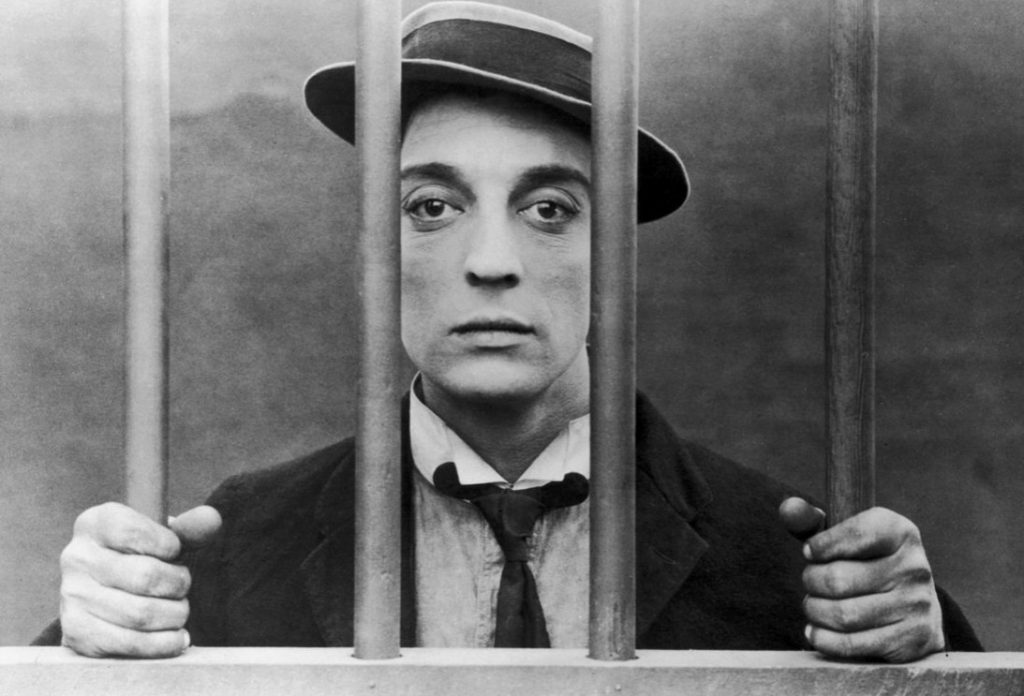
Keaton moved into films in 1917 starring in the short The Butcher Boy before rapidly graduating to features in the the 1920s and his own production company. It was during this period that Keaton would achieve the level of genius. From Our Hospitality in 1923 to Steamboat Bill, Jr. 1928), Keaton produced a constant stream of inventive, kinetic and hilarious cinema. In the latter film, a storm would feature at the conclusion during which a house front would collapse on Keaton with him standing in the one place where he would be saved by an open window. One inch either way and the house would have crushed him. The death defying spectacles were not without cost. During a chase that rounds off Sherlock Jr. (1924), Keaton broke his neck when a water tower emptied its load on his head. In another film he broke his arm when he missed a leap between buildings. The shot stayed in the movie.
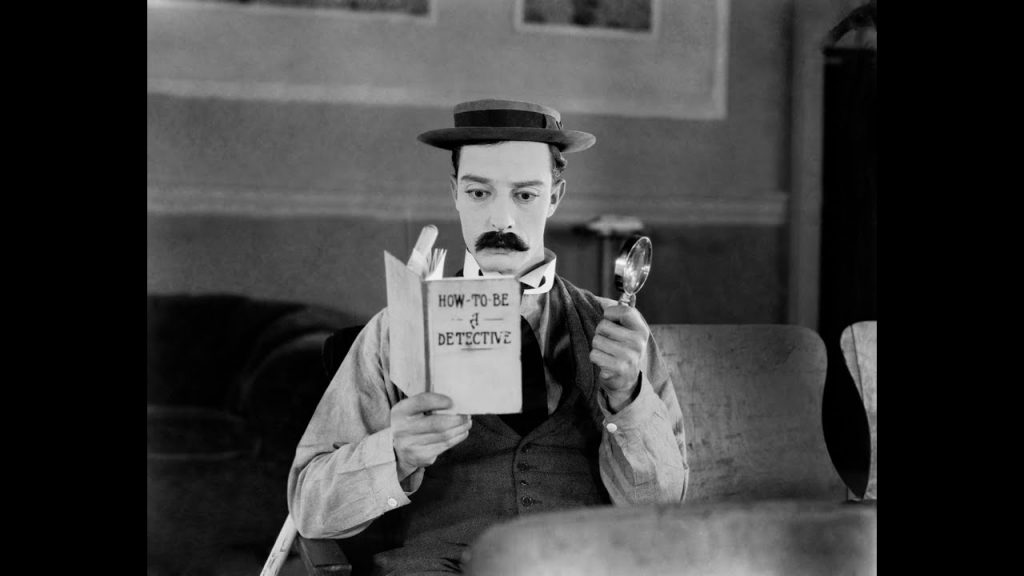
However, his dedication to the gobsmacking stunts which often conclude his films – watch out for one of the most amazing sequences ever at the end of Seven Chances (1925) where he is chased by hundreds of women and an avalanche of rocks – sometimes distracts from his other manifold virtues. His pool room antics in Sherlock Jr. would be just one example of a skill mastered for a comedy bit. His verbal wit would be on display in his title cards and the surreal postmodern comedy runs through all of his films, but check out in particular the dream sequence of Sherlock Jr. where he enters a cinema screen and participates in his own film. Keaton has been a huge inspiration to many actors from Woody Allen to Jackie Chan. Orson Welles often cited The General (1926) as one of the best films ever made. Of course, he will also be compared with the other giant of silent comedy Charlie Chaplin.
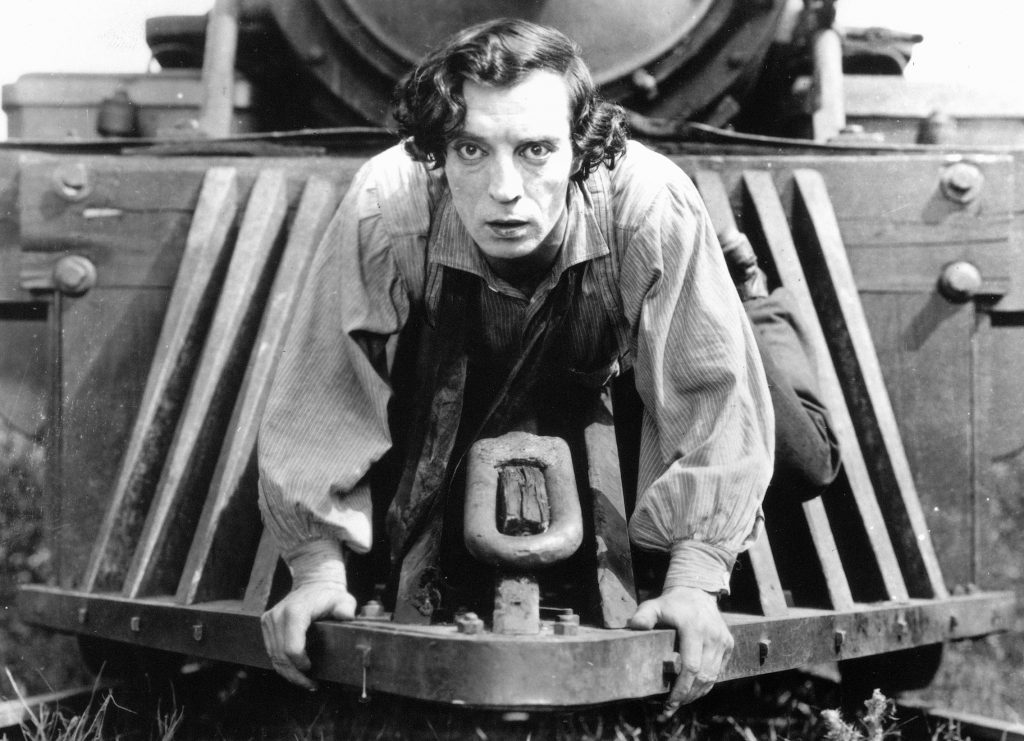
Keaton’s character might not be as instantly recognisable as the Tramp, but as a director Keaton was more interested in moving the camera. However, without Chaplin’s enormous ego, Keaton was quite happy to give director credits or co-credits away and so never refined an auteur reputation. He never had the financial control over his movies which Chaplin won. After the box office failure of The General, his independence was curtailed and his final decades he spent as a gag writer for MGM. And yet if Chaplin was The Beatles and Keaton The Rolling Stones, it’s worth noting that you can have both. Indeed should have both. Must have. Buster Keaton‘s comedy has a level of genuine pathos and a sharp intelligence, which in pre-code Hollywood allowed for some fairly subversive ribbing of already ossifying convention.
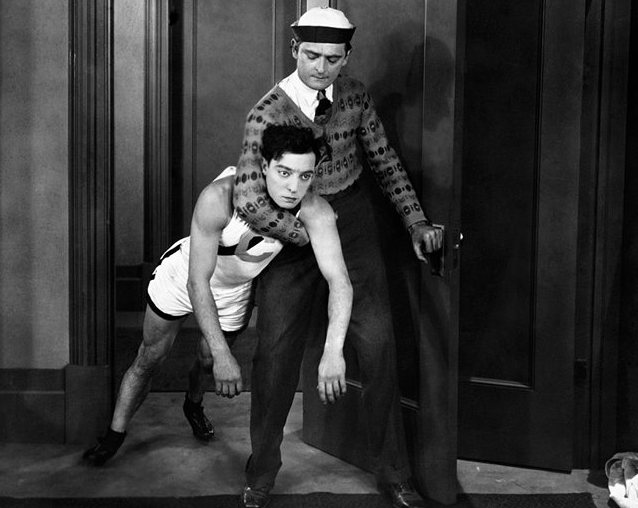
Watch for instance the ‘happy ending’ of College which sees boy finally get girl, followed by a quick series of shots that follows them through parenthood to old age and the grave. The unsmiling deadpan Keaton presented to the world speaks of a noble resistance to the slings and arrows, the pratfalls and falling buildings. If you’re already a fan, I admire your taste. If you’ve never dabbled, then I envy the joys you are about to discover.
- They Don’t Make ‘Em Like That No More | Montgomery Clift
- They Don’t Make ‘Em Like That No More | Paul Newman
- They Don’t Make ‘Em Like That No More | Al Pacino
- They Don’t Make ‘Em Like That No More | John Cassavetes
- They Don’t Make ‘Em Like That No More | Jack Lemmon
- They Don’t Make ‘Em Like That No More | Humphrey Bogart
- They Don’t Make ‘Em Like That No More | Audrey Hepburn
- They Don’t Make ‘Em Like That No More | Clint Eastwood
- They Don’t Make ‘Em Like That No More | James Stewart
- They Don’t Make ‘Em Like That No More | Robert Mitchum
- They Don’t Make ‘Em Like That No More | James Stewart
- They Don’t Make ‘Em Like That No More | Robert Redford
- They Don’t Make ‘Em Like That No More | Lee Marvin
- They Don’t Make ‘Em Like That No More | John Wayne
- They Don’t Make ‘Em Like That No More | Doris Day
- They Don’t Make ‘Em Like That No More | David Niven
- They Don’t Make ‘Em Like That No More | Marilyn Monroe
- They Don’t Make ’Em Like That No More | Peter Fonda
- They Don’t Make ’Em Like That No More | Gene Hackman
- They Don’t Make ’Em Like That No More | Kirk Douglas
- They Don’t Make ’Em Like That No More | Jack Nicholson
- They Don’t Make ’Em Like That No More | Sean Connery

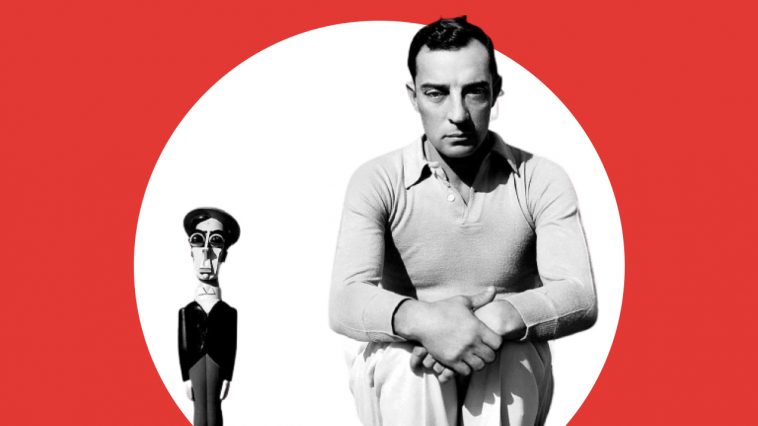




Leave a Comment